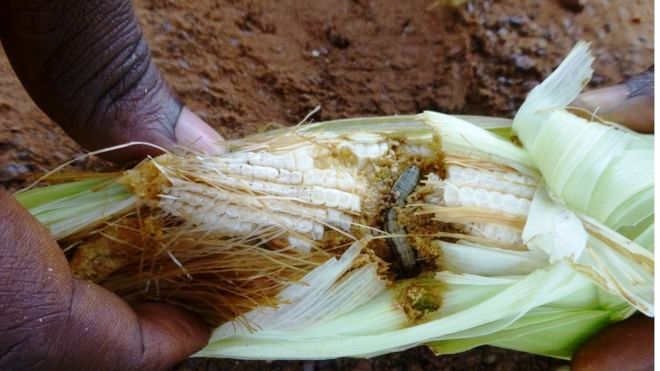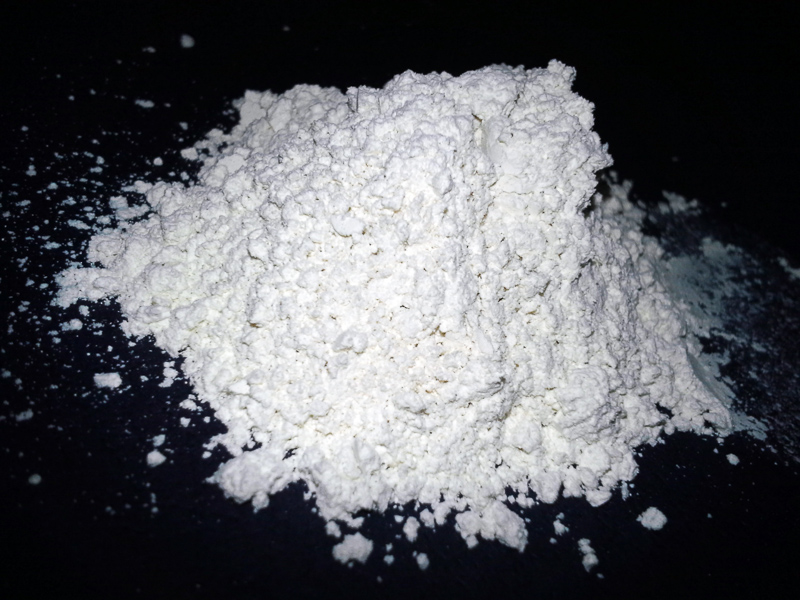
The fall armyworm pest has ravaged more than 300,000 hectares of crops in Africa
Fall Armyworm Moth is a migratory pest native to North and South America. This pest occurs in large numbers and its caterpillars cause severe damage to more than 80 plant species especially cereal crops such as maize and rice.
The army fall worm which caught many farmers off-guard in 2017 has ravaged more than 750,000 acres of maize in Africa in putting hundreds of millions of people at risk of hunger.
There is a risk of further spread into Europe via the Mediterranean basin and Asia through the Middle East if the pest is not controlled according to the United Nation’s Food and Agriculture Organization (FAO).
To control this pest, farmers should plant early and adhere to regional planting calendar by avoiding late and off-season planting. Avoid planting new crop near infested plants and use recommended fertilizers. Farmers should also keep fields weed free to boost plant vigor.
Mass trapping should be done by setting up 4-6 FAW Pheromone traps per Ha to suppress the moth population.
READ ALSO: OPINION: African governments move into race to halt armyworm catastrophe
READ ALSO: Sexual luring may end fall army worm
READ ALSO: Experts meet in Nairobi to solve fall armyworm menace in Africa
The potential effective insecticides against this pest include: Diazinon, Alpha Cypermethrin, Chlorpyrfos, Diflubenzuron Triclorfon (Dipterex), Chlorantraniliprole, Spinetoram, Emamectin benzoate, Indoxacarba and Lambda Cyhalothrin.
For effective control in maize, spray at least three times starting two weeks after emergence, at knee high and just before tasseling. However these products need to be used appropriately at right environmental conditions to minimize development of pest resistance. All farmers in a given locality should spray to avoid neglected farms, which become breeding grounds for the insect and a source of re- infestation.
Farmers are discouraged from moving infested plant materials to areas where the pest has not been reported.
Write comment (0 Comments)

















